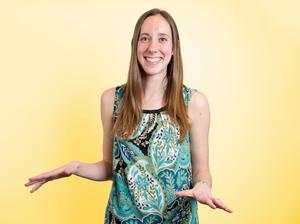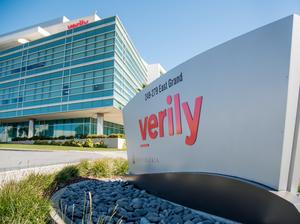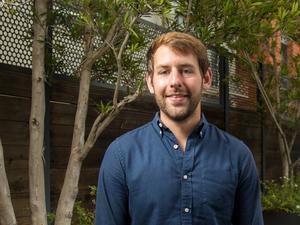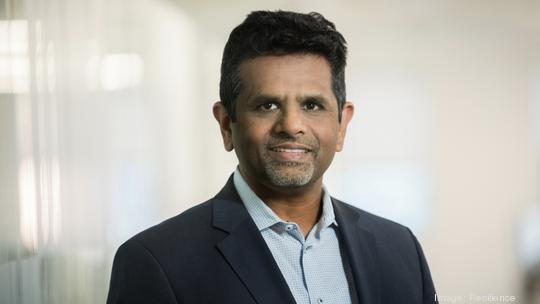
A startup with $800 million and a vision of bringing efficiency to a fast-growing, fast-changing biotech segment plans to make three production sites — the largest of which is in Boston — centers of a revolution in the way gene and cell therapies are made.
National Resilience Inc., shorthanded as simply Resilience, is subleasing a 153,000-square-foot manufacturing facility in Fremont, California, and on Tuesday disclosed that acquired a 310,000-square-foot plant in Boston and a 136,000-square-foot facility in Mississauga, Ontario, near Toronto. All that adds up to a lot of space for a nearly 700-person company that didn't officially emerge from stealth until November.
Now Resilience is working to fill those cavernous structures with technologies and people that can set and apply new standards for manufacturing cell therapies and gene therapies as well as RNA-based treatments. Those are three of the hottest areas of biotech, ultimately bringing companies to the point of deciding to use a contract manufacturer or spending tens of millions of dollars building out their own facilities.
"This industry is suffering from this vacuum that we're trying to fill," said Resilience's Boston-based CEO Rahul Singhvi. "There's a level of hunger for a company like ours. We are doubling down on this."
But Resilience is not a therapeutics company, not a contractor and not a tools company, Singhvi said. Instead, it sprung out of frustration spotlighted by the Covid-19 pandemic to boost production using the new therapeutic modalities.
"This is a known problem — it's more apparent in the past year — that manufacturing has been neglected in this country and it's been an area of poor investment," Singhvi said. "During the pandemic, that's been a handicap."
It is a "messy first inning" as cell, gene and RNA-based therapies prove their worth and companies try to develop proprietary technologies and processes on their own, Resilience co-founder and ARCH Venture Partners managing director Bob Nelsen recently said on The Timmerman Report podcast "The Long Run."
"We can do things better, faster, cheaper, more predictable, anticipating next problems and solving problems" that make those therapies tougher to produce today and less-accessible to the patients who need them, Nelsen said.
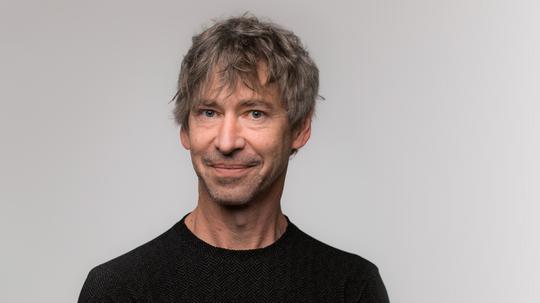
Where contract manufacturers are like kitchens, with pots and pans ready for any recipe, "what we're trying to do is fix the recipes," Singhvi said.
Central to that mission is the money from ARCH, 8VC, GV and New Enterprise Associates and a board that includes former FDA Commissioner Dr. Scott Gottlieb; Dr. Susan Desmond-Hellmann, the former UCSF chancellor and ex-CEO of the Bill & Melinda Gates Foundation; and former Sen. Bob Kerrey and former Indiana Gov. Mitch Daniels.
But the facilities Resilience has secured to rapidly build out capacity are key. The Fremont facility, subleased as gene therapy producer Orchard Therapeutics plc (NASDAQ: ORTX) ditched its buildout after opting to use contract manufacturers in the short term, will be used for cell therapies and to make viral vectors used in vaccines and gene therapies.
"It's a large enough site that we could be doing more," Singhvi said.
Resilience plans to start its buildout in Fremont this year and be online in 2022.
Where the technologies that fill Resilience's floors hail from is an open and ever-changing discussion, Singhvi said. Those tools, for example, could be the cell therapy "factory in a box" technology of South San Francisco startup Cellares Corp., whose Series A backers include 8VC.
"One technology itself is not enough to create a solution," Singhvi said. "We're trying to integrate a bunch of technologies and tools to create a solution."
How those ultimately get used for companies looking to produce cell, gene and RNA-based therapies is up to Resilience's customers, he said, but the company can be a technology-aggregating standards bearer that helps therapies come to market more efficiently.
That means processes and assays and digital tools to run in a paperless environment that can cut costs and boost production so therapies can be given with confidence and consistency to patients repeatedly.
"Some just need capacity and some just need Phase III materials and a commercial facility," he said. "But there are many very early on with difficult processes, and they want something to start that's more scalable and less expensive."
